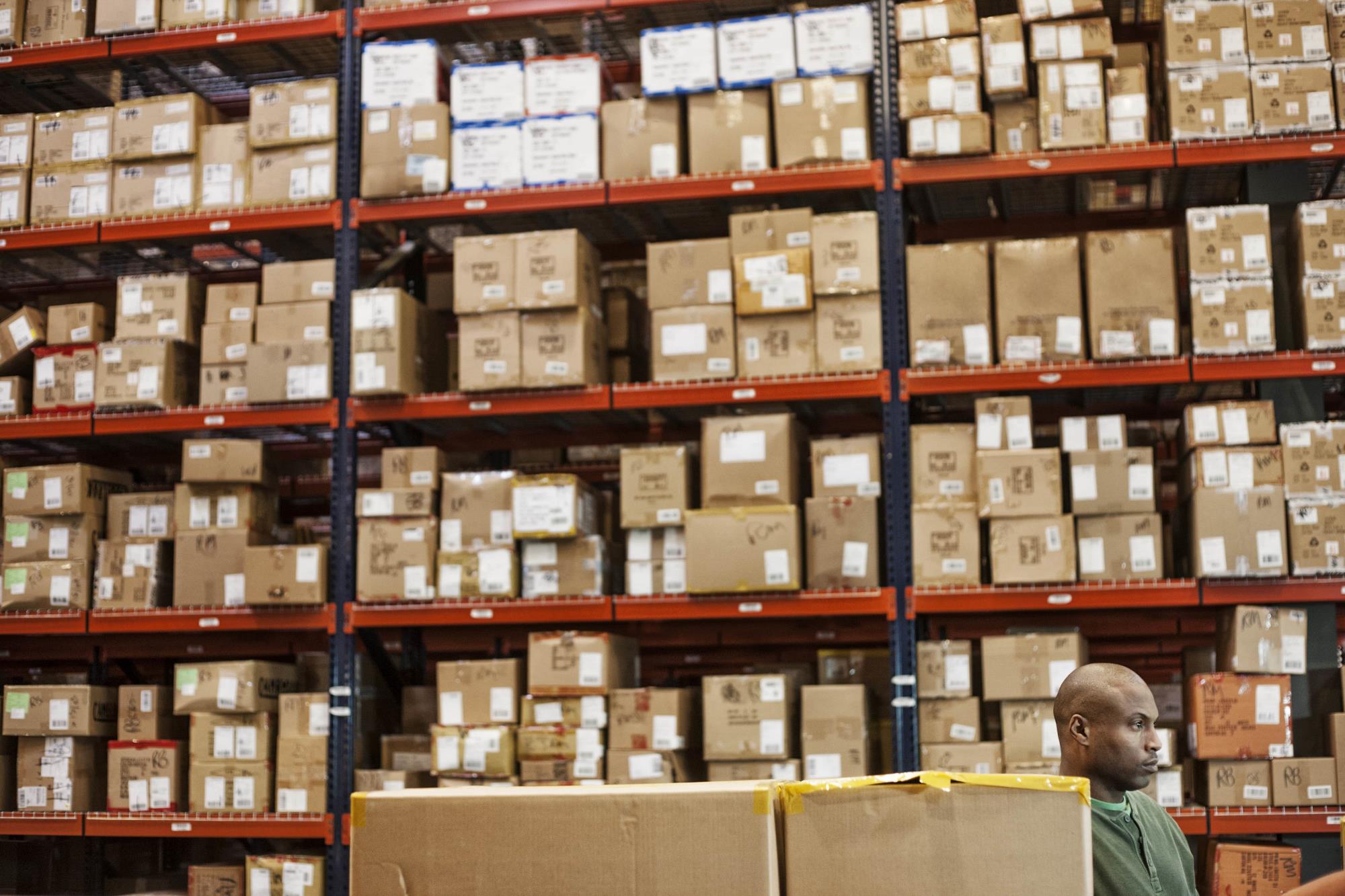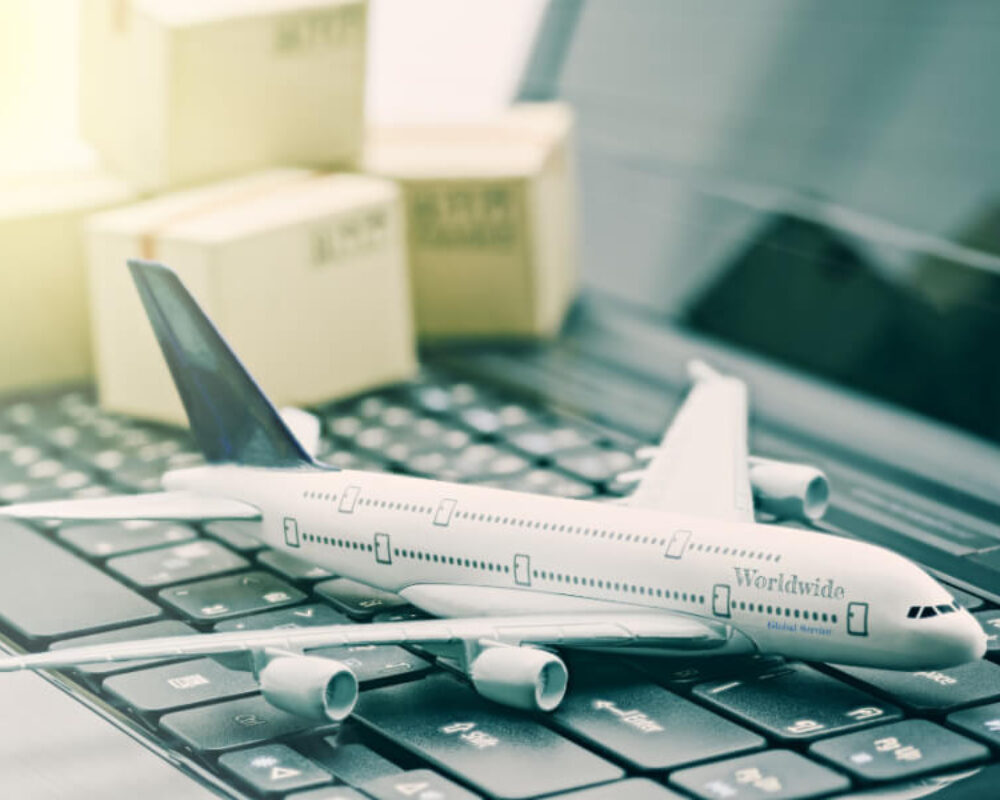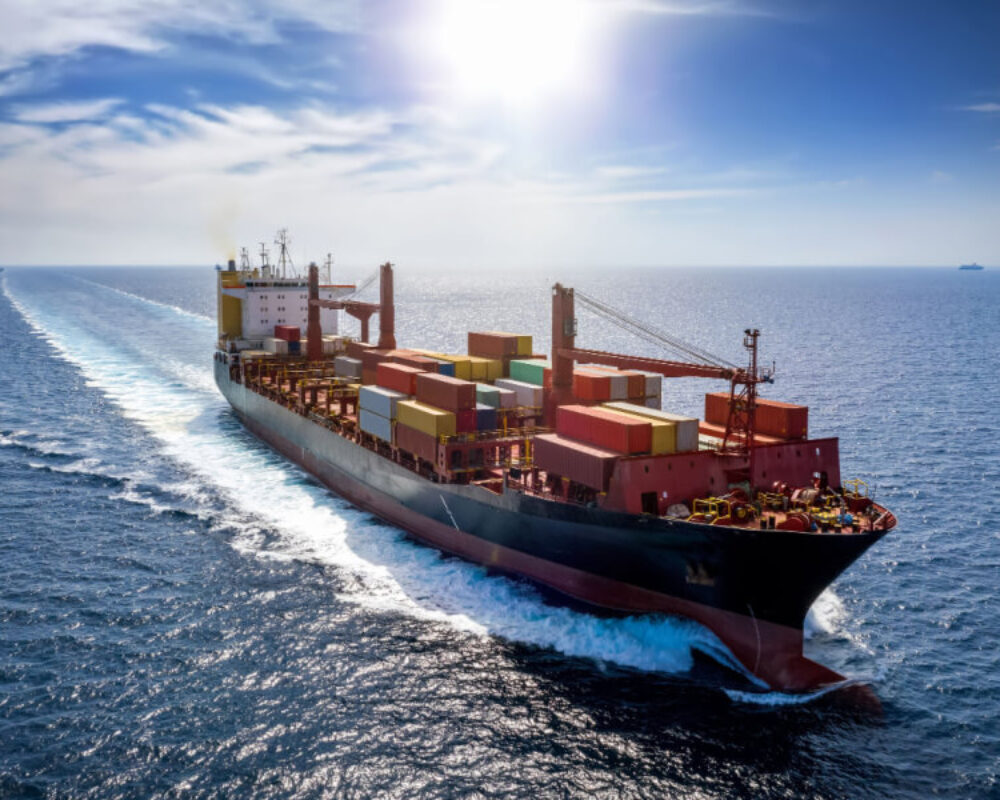Shipping goods by air remains one of the most popular ways to undertake international freight movement. It is one of the fastest, most reliable and gives you the most freedom when it comes to choosing the destination country. With high levels of security and a reduced risk of theft, there are many reasons why more and more businesses are choosing air freight for their shipments.
Whether you’re experienced in international shipping or just starting out, gaining an understanding of what happens during the air freight process can help you better understand costs. In this guide, we’ll go through just that to give you the information and advice needed to make an informed decision.
What Is Air Freight?
Air freight is the movement of goods and cargo internationally. It is another term for air cargo and covers everything from the transfer and shipment of the goods by an air carrier through to the arrival in the destination country. Air freight is used for both commercial and passenger goods and can take place on chartered flights or in the cargo hold on a commercial flight.
When Is Air Freight the Right Choice?
We’ve mentioned some of the benefits of opting for air shipments above. But, when should it become the right choice for you?
Air freight is normally most suitable when:
- You’re shipping smaller and high-value goods.
- You’re shipping goods that are required urgently.
- You’re shipping goods for a retail business and need to uphold high levels of customer service.
- You’re looking to benefit from lower insurance premiums.
- You’re looking to make savings in packaging costs.
- You need a service that can be effectively tracked at all times.
Air freight is the chosen mode of international shipment for many businesses and individuals for these reasons and many more. Let’s take a look at the process your business and the goods in question will go through when moving cargo via air.
- Choosing a Freight Forwarder
International shipment can be a challenging process to understand and navigate. In order to reduce delays and minimise the risk of mistakes, we always recommend working with a freight forwarder. Do your research. We’ve written a blog post called ‘5 Questions To Ask Your Freight Forwarding Company’ that covers some key enquiries you should make before choosing the right company for you. If you’re looking into air freight, you’ll want to make sure the chosen forwarder has experience in this form of cargo movement. You want a business that has a wide contacts book with the ability to find you the best and most time-efficient deals on every single shipment.
Choosing the right freight forwarder to work with your business will help you to save money, improve delivery times and take advantage of all aspects of international trade with the support of industry professionals.
- Organise Your Goods for Shipment
Once you have chosen a freight forwarder, you will need to prepare your goods for shipping. Firstly, consider the packaging. While air freight is one of the safest means of transporting your goods, you still need to ensure you have the right solution to hand. Smaller shipments can be sent in brand new corrugated fiberboard boxes that are strong, lightweight and offer good protection too.
Then, you’ll want to ensure the package is appropriately marked. International shipments should have the name, address and telephone number for both the shipper and end customer printed on two adjoining sides. Any other marks or labels should be removed in order to minimise confusion.
In terms of paperwork, you will need to create a commercial invoice that provides information about the goods you intend to ship. This will be used during the customs process to get your goods into the desired country.
- Contact Your Freight Forwarder
From this point on, your freight forwarder will be on hand to help support you throughout the process. You will need to contact and inform them that you have goods to be shipped. They will either collect the goods from your supplier or request that you have it delivered to them. The forwarder will then arrange for the completion of all relevant documentation and will manage these alongside finding you the best shipping deals for the times and destinations you require.
- Goods Delivered to the Airport
Your freight forwarder will then organise for your goods to be taken to the airport. This may be consolidated with other goods under their management if this is deemed to be the most cost-effective solution for everyone involved. Here, they need to clear the customers in your current country (also known as the port of origin). The smoothness of this depends on you having the right documentation, having it filled out appropriately and being available for the customs officers to review.
- Goods Are Loaded Onto the Aeroplane
Once your goods clear customs, they will be loaded onto the aeroplane. Depending on the type of shipment (whether your goods are being shipped independently or consolidated with other goods), this can take anything from a few hours to a few days. Generally, if you’re expecting a long wait, your freight forwarder will ensure this is acceptable in order to eliminate any damage to customer expectations.
- Goods Are Transferred Via Aeroplane
Once all goods have been loaded onto the aeroplane, your goods will begin their journey to the next country.
- Once They Arrive, Goods Will Pass Through Customs
Upon arrival at the destination company, your goods will have to pass through the customs regulations there. Again, this process will be considerably smoother if your goods are accompanied by the correct paper which has been fully filled out with the right information. The goods will only be released to the relevant party once all duties and taxes have been paid.
Your freight forwarder should be able to give you an expected arrival time with most shipments making it to their end destination within a week. Take note of the advice they give when shipping certain dangerous goods. For example, gases and flammable items cannot be shipped via air freight. At Radius Warehouse and Logistic Services, we have over 25 years of experience supporting business owners in international shipments. If you have any questions, want to request a quote or need to speak to us, please get in contact with us here today.



